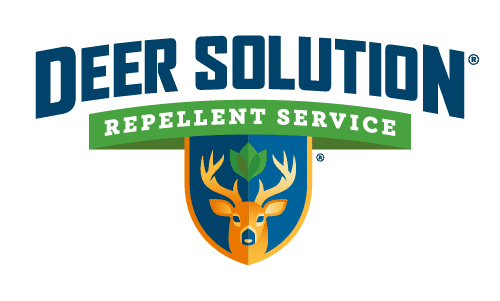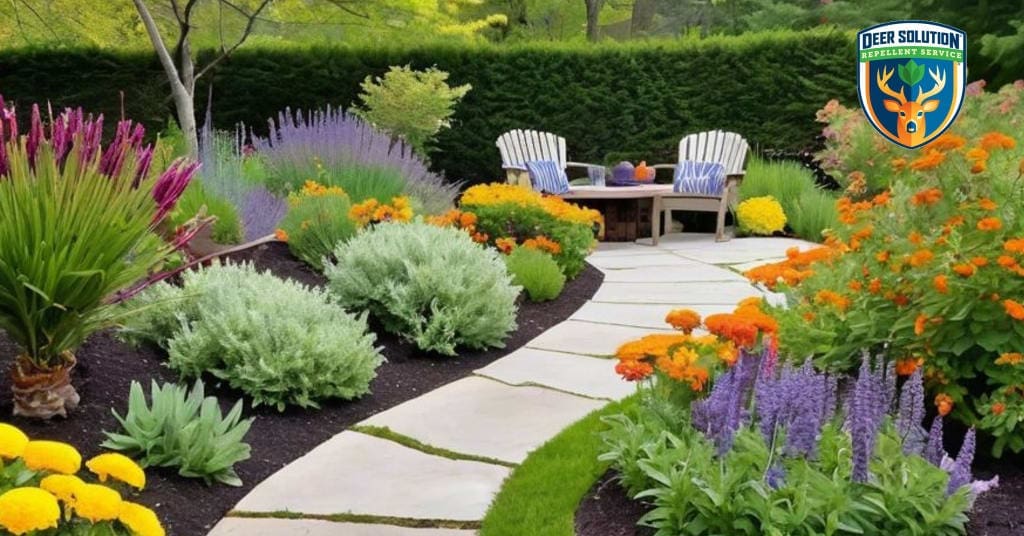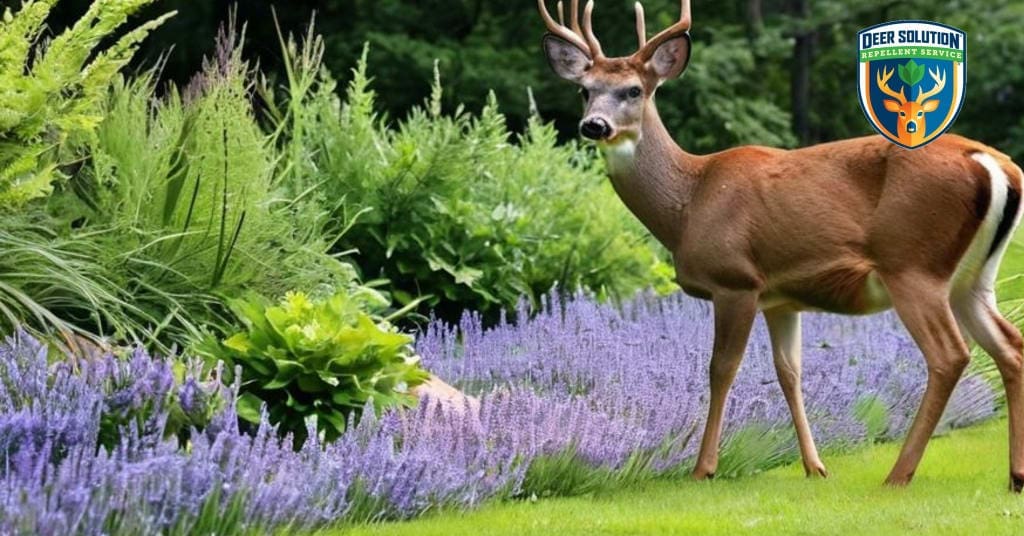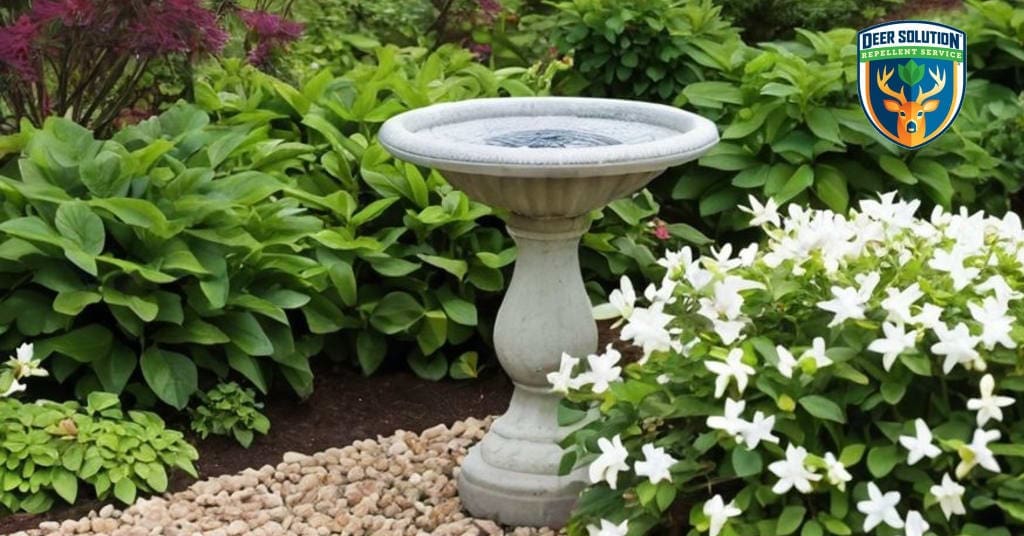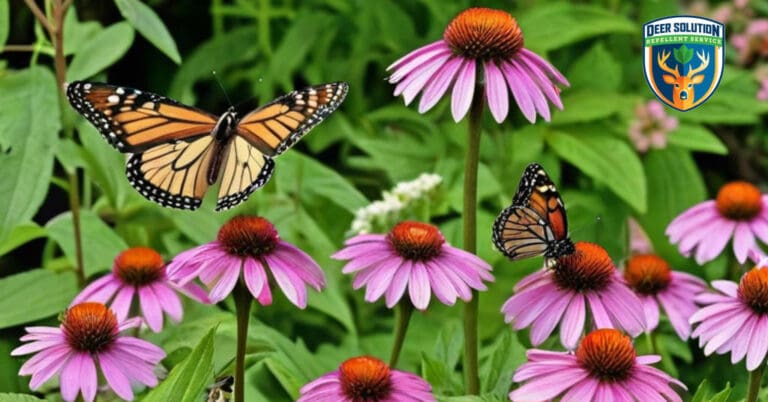Gardening enthusiasts often wonder, do deer eat narrow-leaf coneflowers? Understanding deer dietary patterns is crucial for effective landscape management. Narrow-leaf coneflowers, or Echinacea angustifolia, are admired for their vibrant blooms and ecological benefits, supporting pollinators like bees and butterflies. However, their presence can attract deer, a concern for gardeners aiming to maintain landscape integrity.
Deer Dietary Preferences
Deer are opportunistic feeders, choosing the most accessible and palatable plants. Their diet varies with food availability. While narrow-leaf coneflowers aren’t their first choice, deer may nibble on them when food is scarce, especially in areas with high deer populations and limited natural food sources. Understanding deer preferences helps create a garden plan that minimizes damage. By knowing which plants are more likely to be targeted, gardeners can strategically place less palatable plants around more vulnerable species.
Designing a Deer-Resistant Garden
Integrating plants that deer find less appealing can reduce their interest in your garden. Complementing narrow-leaf coneflowers with species like Lavender and Marigolds can enhance garden resilience. These plants deter deer and add diversity and beauty. Lavender, with its aromatic foliage, is often avoided by deer, making it an excellent companion plant. Marigolds, known for their pungent scent, are usually left untouched by deer, adding a splash of color while serving as a natural deterrent.
- Lavender: Its aromatic foliage is often avoided by deer, making it an excellent companion plant. Lavender can also attract beneficial insects, enhancing the ecological balance of your garden.
- Marigolds: Known for their pungent scent, they are usually left untouched by deer. Marigolds can also help repel other garden pests, making them a versatile addition.
Eco-Friendly Deer Deterrence
Employing eco-friendly deterrents aligns with sustainable gardening practices. While physical barriers and chemical deterrents are common, they might not always align with environmental values. Natural methods offer a more sustainable approach. Natural repellents, such as those made from essential oils, can effectively keep deer at bay without harming the environment.
Utilizing natural repellents, like Deer Solution’s service, manages deer presence without harming the ecosystem. These services focus on all-natural solutions safe for families, pets, and the environment, emphasizing eco-conscious choices. By choosing eco-friendly options, gardeners can protect their plants while contributing to the local ecosystem’s health.
Seasonal Considerations
Deer behavior varies with the seasons, influencing feeding habits. During the growing season, when food is abundant, deer are less likely to venture into gardens. However, in winter, scarcity can drive them to explore new food sources. Being aware of these seasonal changes can guide you in adjusting your garden care routine. For instance, during winter, additional protective measures may be necessary to safeguard your plants from hungry deer.
In spring and summer, when natural food sources are plentiful, deer may be less of a concern. However, it’s still important to monitor their activity and adjust your garden strategies accordingly. By understanding these seasonal patterns, gardeners can better anticipate potential issues and take proactive steps to protect their plants.
Final Thoughts on Managing Deer
Addressing deer-related landscape challenges can seem daunting, but sustainable solutions, like those offered by Deer Solution, provide tailored support for maintaining landscape health and beauty. By understanding deer behavior and integrating eco-friendly practices, you can enjoy a thriving garden with minimal intrusion. Professional services offer customized plans that consider your garden’s specific needs, ensuring year-round plant protection.
In conclusion, managing deer in your garden requires knowledge, planning, and sustainable practices. By selecting deer-resistant plants, employing natural deterrents, and understanding seasonal behaviors, you can create a garden that is both beautiful and resilient. With the right strategies, you can enjoy narrow-leaf coneflowers and other cherished plants without worrying about deer damage.
